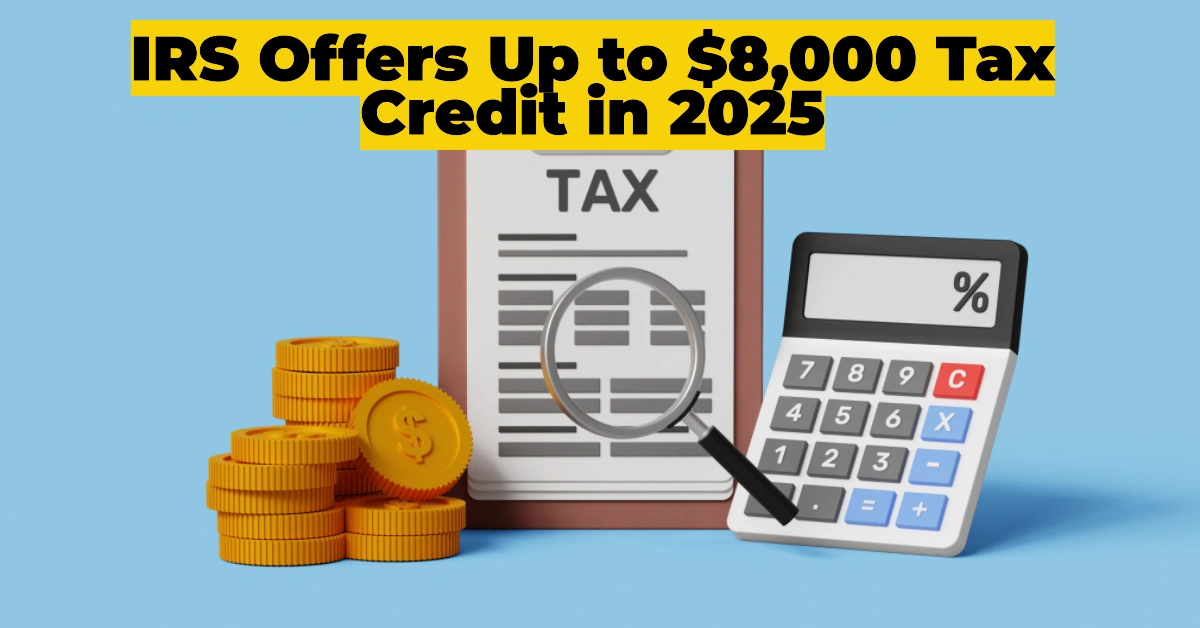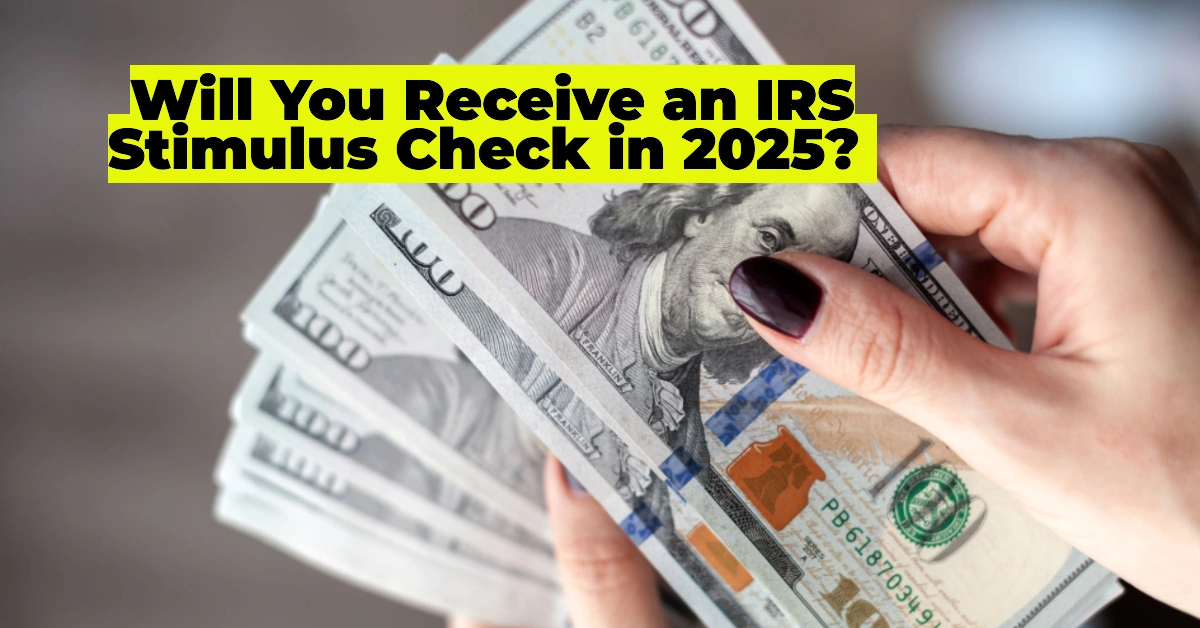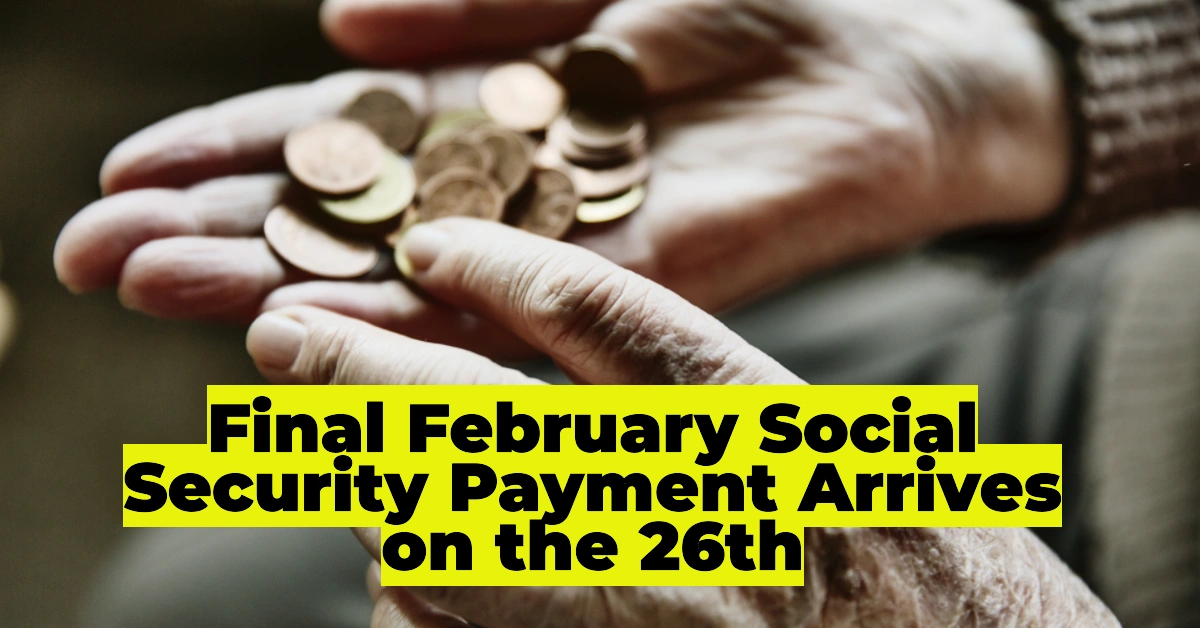
In a monumental decision, the U.S. Senate has passed the Social Security Fairness Act, paving the way for nearly 3 million Americans to receive their full Social Security benefits. The bill, which garnered bipartisan support, is now headed to President Biden’s desk and is expected to be signed into law.
Table of Contents
What Does the Social Security Fairness Act Do?
The legislation targets two controversial federal policies that have long restricted Social Security benefits for public sector employees and their families:
- Windfall Elimination Provision (WEP): Affects roughly 2 million retirees who also receive pensions from jobs not covered by Social Security, such as teachers and postal workers.
- Government Pension Offset (GPO): Impacts nearly 800,000 surviving spouses and family members by reducing their Social Security benefits based on their late spouse’s public pension.
By repealing these provisions, the Social Security Fairness Act ensures that millions of public servants—such as police officers, firefighters, teachers, and postal workers—can now receive the full benefits they have rightfully earned.
How the Senate Passed the Bill
The Senate passed the legislation in a decisive 76-20 vote during the final hours of the 118th Congress. The bill had previously received bipartisan approval in the House in November, and Senate leaders pushed it through just before Congress adjourned for the year.
Key Highlights from the Senate Debate:
- Senate Majority Leader Chuck Schumer (D-NY): Called the bill’s passage the correction of a “50-year mistake.”
- Senator Sherrod Brown (D-OH): Advocated passionately for the bill, stating, “Social Security is a bedrock of our middle class. You pay into it, you’ve earned it, and it should be there when you retire.”
Despite strong bipartisan support, the bill faced resistance from some Republicans who voiced concerns about its financial implications. The Congressional Budget Office (CBO) estimates that the legislation could add $195 billion to federal deficits over the next decade.
Social Security Shake-Up: Major Changes Coming in 2025 — Are You Affected?
Big News for Retirees and Seniors: Bigger Social Security Checks Are Coming in January!
Double SSI Payments in December 2024: How to Maximize Your Benefits and Enjoy the 2025 COLA Increase
When Will the Changes Take Effect?
If signed into law, the repeal of the WEP and GPO will apply to Social Security payments for months after December 2023. This means retirees impacted by these provisions can expect their full benefits starting in early 2025.
A Long-Awaited Victory for Public Service Workers
The passage of the Social Security Fairness Act is being hailed as a major win for millions of public employees. Advocacy groups like the Senior Citizens League have long championed the repeal of WEP and GPO, arguing that these policies unfairly penalize those who dedicate their careers to public service.
Shannon Benton, Executive Director of the Senior Citizens League:
“This legislation finally restores fairness to the system and ensures the hard work of teachers, first responders, and countless public employees is truly recognized.”
The Road Ahead: Addressing Social Security’s Financial Future
While the bill resolves long-standing inequities for public workers, it has reignited debates over Social Security’s financial sustainability. Opponents of the legislation, including some Republican senators, warn that it could accelerate the Social Security trust fund’s insolvency by approximately six months, with projections now estimating depletion in roughly a decade.
Senator Bill Cassidy (R-LA):
“While we must address Social Security’s funding challenges, it cannot come at the expense of retirees who have earned their benefits.”
3 Surprising Constants About Social Security in 2025 That Retirees Need to Know
Will Disability Payments Reflect the 2025 COLA Before Christmas
Why This Bill Matters
The Social Security Fairness Act marks a significant step in addressing decades of inequity in the Social Security system. By eliminating the WEP and GPO, it ensures that public servants and their families receive the benefits they have contributed to and deserve.
With President Biden expected to sign the legislation into law, millions of Americans can look forward to a more equitable Social Security system—a milestone decades in the making.
Key Takeaways
- Who Benefits: Nearly 3 million public employees, including teachers, police officers, firefighters, and postal workers.
- What Changes: Repeals WEP and GPO provisions that reduced Social Security payments for public pensioners and their families.
- Effective Date: Applies to Social Security payments for months after December 2023.
- Next Steps: President Biden’s signature will finalize the law.
This landmark legislation ensures fairness and recognition for the hard work of America’s public service workers, marking a historic moment for Social Security.










Leave a Reply